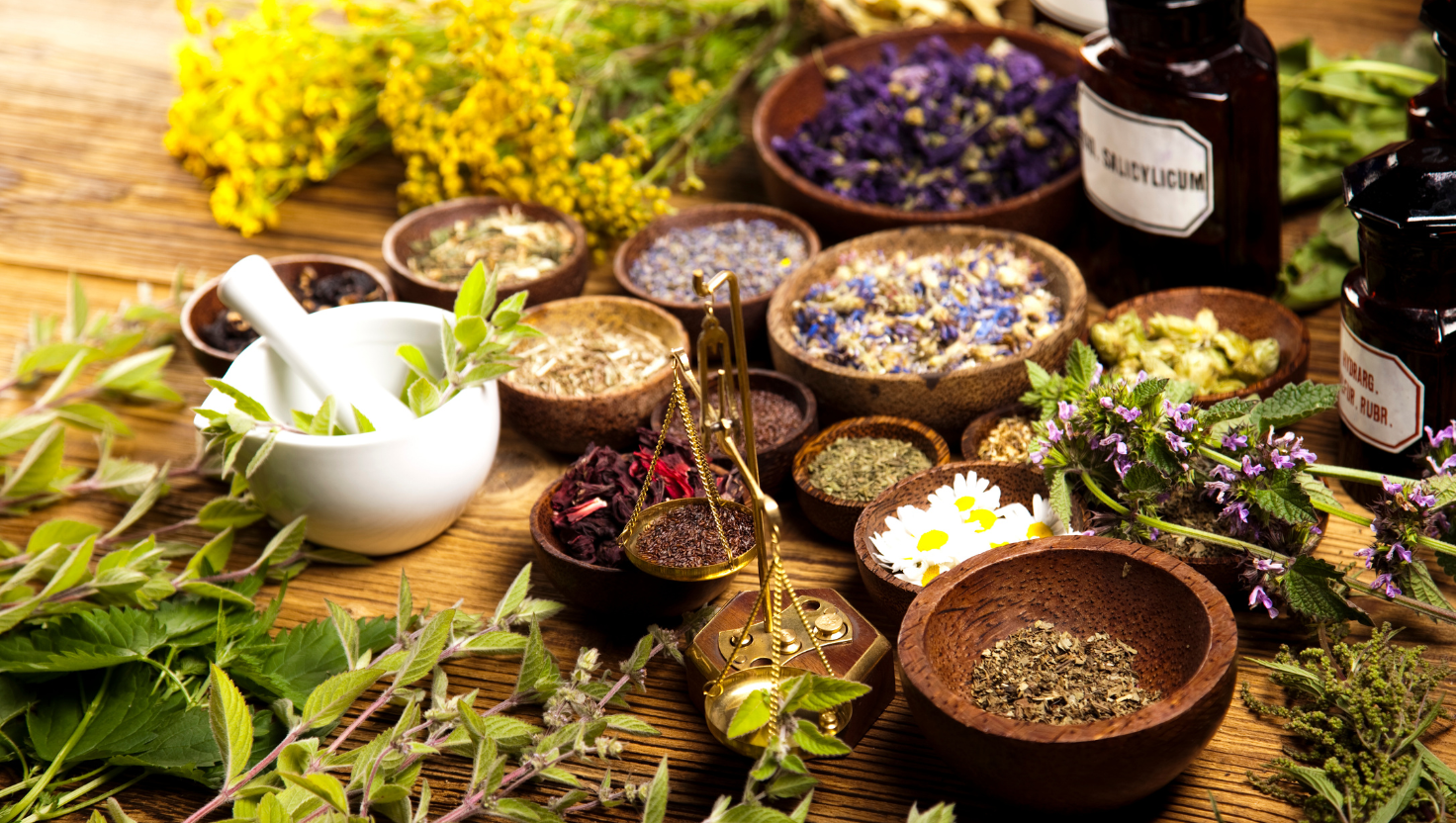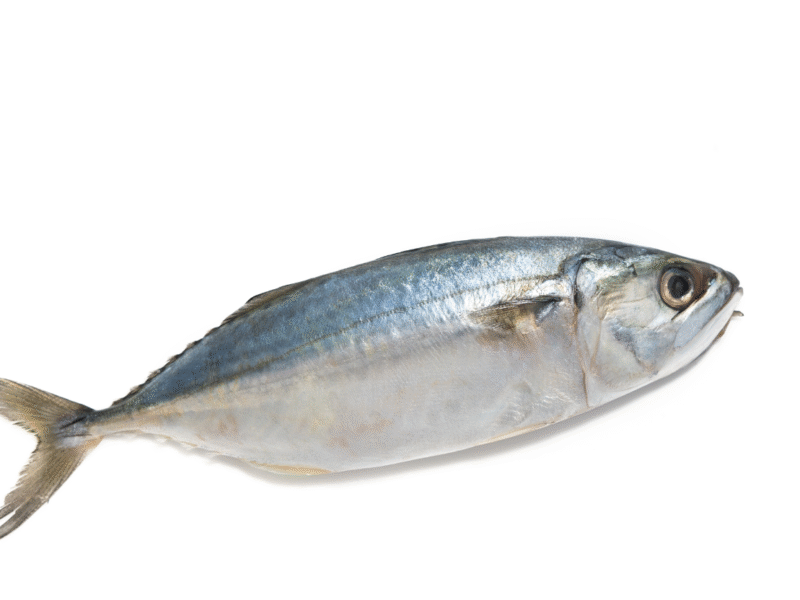As a physician who has devoted decades to integrative and holistic health, I’ve seen firsthand the transformative power of medicinal plants. Incorporating herbal medicine into your daily diet isn’t just a trend—it’s a time-tested approach to support immunity, reduce inflammation, and optimize overall wellness. In this post, I’ll explore the medicinal benefits of eating medicinal plants daily, share practical tips for daily consumption, and highlight simple ways to harness the healing power of nature.
Introduction: Nature’s Pharmacy on Your Plate
When most people think of medicine, they picture pills or injections. Yet, long before modern pharmaceuticals, our ancestors relied on natural remedies—from aromatic culinary herbs to potent superfoods. Today, research in herbal supplements and plant-based nutrition continually affirms what traditional healers have known for centuries: consuming medicinal plants regularly can boost your health in remarkable ways.
Top Medicinal Plants to Eat Every Day
- Turmeric
- Contains curcumin, a powerful anti-inflammatory and antioxidant.
- Supports joint health, liver detoxification, and may aid in digestion.
- Ginger
- Promotes healthy digestion and soothes gastrointestinal discomfort.
- Exhibits natural immune system boost properties, helpful during cold season.
- Garlic
- Rich in allicin, known for antimicrobial and heart-health benefits.
- Supports healthy blood pressure and cholesterol levels.
- Leafy Greens (e.g., Kale, Spinach)
- High in vitamin K, iron, and phytonutrients that protect against chronic disease.
- Excellent for detoxification and maintaining healthy skin.
- Berries (e.g., Blueberries, Goji Berries)
- Packed with polyphenols and vitamins to fight oxidative stress.
- Supports brain health, circulation, and healthy aging.
Key Health Benefits of Medicinal Plants
- Anti-Inflammatory Support
Chronic inflammation underlies many health issues, including arthritis and cardiovascular disease. Phytochemicals in turmeric, ginger, and leafy greens help modulate inflammatory pathways, offering a natural remedy for persistent aches and pains. - Immune System Enhancement
Garlic and berries provide potent immune-boosting vitamins and antioxidants. Regular intake can reduce the frequency and severity of colds and flu. - Improved Digestive Health
Herbs like peppermint and fennel aid digestion, relieve bloating, and promote healthy gut flora. A balanced microbiome is crucial for nutrient absorption and mental well-being. - Cardiovascular Protection
Compounds in garlic, hawthorn, and leafy greens support healthy blood pressure and cholesterol levels, reducing the risk of heart disease. - Antioxidant and Detoxification Effects
Phytonutrients in berries, turmeric, and cruciferous vegetables help neutralize free radicals and support liver function, promoting cellular repair.
How to Incorporate Medicinal Plants into Your Diet
- Smoothies & Juices: Blend spinach, kale, berries, and a pinch of turmeric for a nutrient-dense morning boost.
- Herbal Soups & Broths: Add garlic, ginger, and leafy greens to bone or vegetable broth for anti-inflammatory comfort.
- Seasoning & Marinades: Use fresh herbs like rosemary, thyme, and oregano to flavor meats and salads—delicious and health-promoting.
- Teas & Infusions: Sip on green tea, ginger tea, or nettle infusion throughout the day to maintain steady phytochemical intake.
Precautions and Tips
- Quality Matters: Choose organic, non-GMO herbs and spices to avoid pesticides.
- Moderation: Even natural compounds can interact with medications. Consult your healthcare provider before starting any herbal supplement.
- Variety: Rotate different medicinal plants to maximize the spectrum of nutrients and avoid overexposure to any single compound.
Conclusion: Cultivating Wellness One Bite at a Time
Eating medicinal plants daily is a simple, delicious strategy to enhance your health holistically. From anti-inflammatory turmeric lattes to immune system boost smoothies, these natural remedies can seamlessly integrate into your routine. As a doctor dedicated to preventive medicine, I encourage you to explore the diverse world of herbal medicine—your body will thank you for it!



